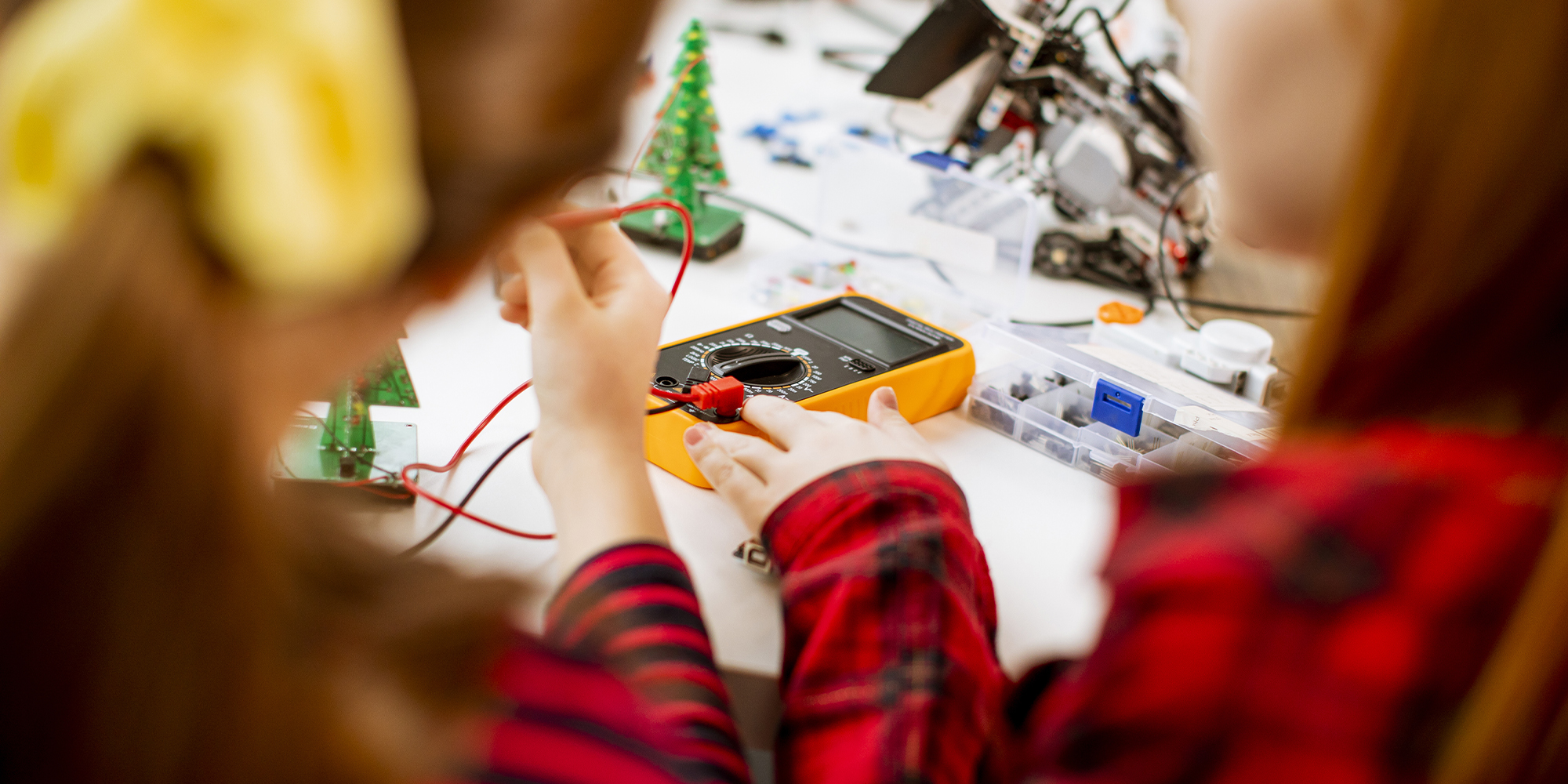
The rise of advanced technologies is reshaping how societies across the globe contribute to economic, environmental, and social progress. From artificial intelligence (AI) to biotechnology, these innovations have ushered in new possibilities for global collaboration, efficiency, and creativity. Understanding the implications of these technologies allows us to appreciate their potential to enhance global contributions and address significant challenges.
Revolutionizing Communication and Collaboration
One of the most profound impacts of cutting-edge technology is in the realm of communication and collaboration. The advent of high-speed internet, 5G networks, and cloud-based platforms has made it easier for individuals and organizations to work together across borders. This seamless communication fosters global teamwork, allowing industries to benefit from diverse ideas and perspectives.
With tools like Zoom, Slack, and Microsoft Teams, professionals can collaborate in real-time, regardless of geographic location. The exchange of information has become instantaneous, allowing businesses and research teams to innovate faster. This ease of communication has accelerated everything from scientific discoveries to product development, enabling global teams to contribute more efficiently and effectively.
Transforming Industries with AI and Automation
Artificial intelligence (AI) and automation are transforming industries by improving efficiency and productivity. In manufacturing, AI-powered robots and automated systems streamline production processes, reducing human error and cutting costs. These advancements are driving global contributions by enhancing the speed and scale at which goods are produced and distributed.
In healthcare, AI is being used to diagnose diseases, analyze medical data, and even assist in surgeries. This innovation not only improves patient outcomes but also addresses critical shortages of medical professionals in developing regions. AI systems can analyze large datasets to identify trends and offer solutions that human doctors might overlook, contributing to improved healthcare access and quality worldwide.
Sustainability and Environmental Impact
Tech innovations are playing a significant role in addressing environmental challenges and promoting sustainability. Renewable energy technologies such as solar power, wind energy, and battery storage systems are revolutionizing the way we produce and consume energy. These innovations help reduce greenhouse gas emissions and decrease reliance on fossil fuels, contributing to a healthier planet.
Additionally, advancements in agriculture, such as precision farming, are optimizing resource use and reducing waste. Drones, AI, and data analytics allow farmers to monitor crop health, predict weather patterns, and apply fertilizers more efficiently. These technologies lead to higher crop yields and less environmental impact, ensuring global food security while minimizing harm to ecosystems.
Boosting Economic Growth and Global Trade
The global economy has been profoundly influenced by cutting-edge technology. E-commerce platforms, fintech solutions, and blockchain technology have made international trade more accessible and secure. These innovations lower barriers for businesses in developing countries to participate in global markets, thereby enhancing economic contributions from regions previously excluded from international trade.
Blockchain technology, for example, is revolutionizing supply chains by providing transparency and security in transactions. This technology allows companies to trace products from origin to consumer, ensuring ethical sourcing and reducing fraud. Moreover, digital currencies and fintech platforms provide financial services to underserved populations, promoting inclusive economic growth in regions with limited access to traditional banking.
Reshaping Education and Skills Development
Technology is also transforming the way education is delivered and accessed, which has long-term implications for global development. The rise of online learning platforms such as Coursera, edX, and Khan Academy has democratized education, allowing individuals from all corners of the world to access high-quality learning materials. This access contributes to the development of new skills and knowledge, empowering people to contribute to their local and global communities.
In addition, advancements in AI and machine learning are being integrated into educational tools, offering personalized learning experiences. Adaptive learning platforms analyze a student’s performance in real-time and adjust lesson plans accordingly, allowing for more effective skill acquisition. By fostering a better-educated global workforce, technology is directly enhancing contributions to innovation, economic growth, and societal well-being.
Addressing Global Health Challenges
Healthcare is another area where cutting-edge technology is making significant contributions on a global scale. The COVID-19 pandemic highlighted the importance of technological innovation in responding to global health crises. From the rapid development of vaccines using mRNA technology to the use of AI in tracking virus transmission patterns, tech innovations played a critical role in managing the pandemic.
Telemedicine has also seen a significant surge in providing healthcare access to remote or underserved areas. Patients can now consult with specialists from around the world, receiving medical advice without the need for travel. These innovations in telehealth, diagnostics, and treatment are closing healthcare gaps globally, ensuring that more people can contribute to their communities by staying healthy and productive.
Challenges and Ethical Considerations
While the impact of technology on global contributions is overwhelmingly positive, it also raises ethical concerns. As AI and automation become more integrated into industries, the risk of job displacement grows. It is crucial to balance technological advancement with workforce development, ensuring that people are trained in new skills to keep up with changing job markets.
Moreover, privacy concerns have emerged as more data is collected and analyzed by AI systems. Striking a balance between innovation and ethical data use will be critical in ensuring that technology enhances global contributions without compromising individual rights. The responsibility falls on governments, organizations, and tech developers to create policies that promote fairness and inclusivity in the age of rapid technological growth.
Embracing a Tech-Driven Future
The integration of cutting-edge technologies into every aspect of life is reshaping the way individuals, industries, and nations contribute to global development. From revolutionizing communication and healthcare to promoting sustainability and economic growth, these innovations hold the potential to solve some of the world’s most pressing challenges. However, as we move forward, it is essential to address the ethical and societal impacts of these advancements, ensuring that technology drives positive change for all.